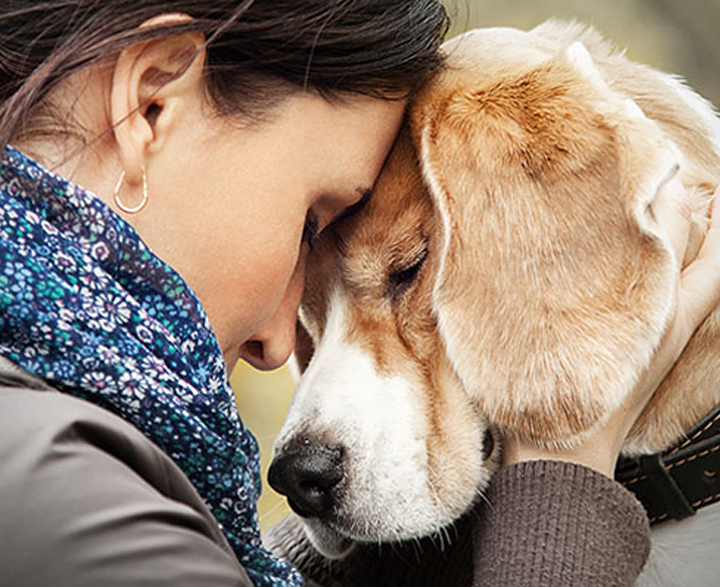VCA Becker Animal Hospital
-
Open
-
Mon-Sun:
Open 24 hours
Other Hospital Hours
No Appointments; Walk-In Only
VCA Becker Animal Hospital
VCA Becker Animal Hospital
210-732-5148
Quick reminders to keep your dog at a healthy weight

Be sure to follow your veterinarian's personalized nutrition plan!

Treats can be very high in calories, so they can have a big impact on your dog's success! Lower calorie treats are available.

Go for regular walks or get active in other ways, like playing fetch, running with other dogs, and even swimming!

Keep a record of your dog's progress, and have regular weigh-ins with your veterinarian.
| Nutrition Tips for Dieting Dogs | |
 |
Ask your veterinarian for a diet plan geared towards your dog’s specific needs and state of health. |
 |
Dog food labels can be confusing. Your veterinarian can help you decipher the information and choose food based on ingredient quality and the right balance of nutrients for your dog’s stage of life. |
 |
It’s not about simply feeding your dog less of the same food-the nutritional content may not be adequate. |
 |
Ask your veterinarian how many calories you should feed your dog each day, and then measure portions to match. |
 |
Replace high calorie treats with low calorie options like diet treats. Treats should make up no more than 10% of your dog’s daily caloric intake, and food should be reduced accordingly. |
 |
Precede meal times with short exercises so your pet ‘earns’ the meal. Try squeezing in a short walk for your dog or have a treasure hunt to find a hidden treat. |
 |
Break treats into smaller pieces. Your dog will enjoy the reward regardless of size. |
 |
If you’ve enabled begging in the past, now is the time to break the habit. Your dog will learn the difference between your dinner time and his/her own once table treats are no longer available. |
 |
If you use human treats, like cheese, to administer medication remember to reduce the next meal by a similar number of calories. |
 |
A small human treat such as a potato chip translates into a much larger treat when given to a dog. |
 |
Ask your veterinarian how to maintain your dog’s ideal weight once you’ve achieved it-some breeds are obesity-prone and require smaller meals than you might think. |
Before you change your dog’s exercise routine for weight loss ask your veterinarian for a safe regimen that’s appropriate for your dog’s present condition.








Today's pet population is mirroring the weight issues of the human population-and the health risks that go along with it.
Our pets are packing on the pounds and it's not cute. 46% of dog owners don't realize their dog is actually overweight and don't understand the risks that extra weight poses to their pet. In reality, a dog's weight impacts their overall health, longevity and quality of life.
But there's great news:
Overweight or obese dogs that return to their normal weight may once again enjoy lively activities and could even experience the reversal of some weight-related health conditions.

With help from your VCA veterinarian, you can prevent your dog from becoming overweight, and if it’s a little too late for that, your dog’s added weight can be reduced. Before starting your dog on a diet or exercise program, consult your VCA veterinarian for a proper diagnosis, and to get the right diet for his/her age, body condition and general state of health.
